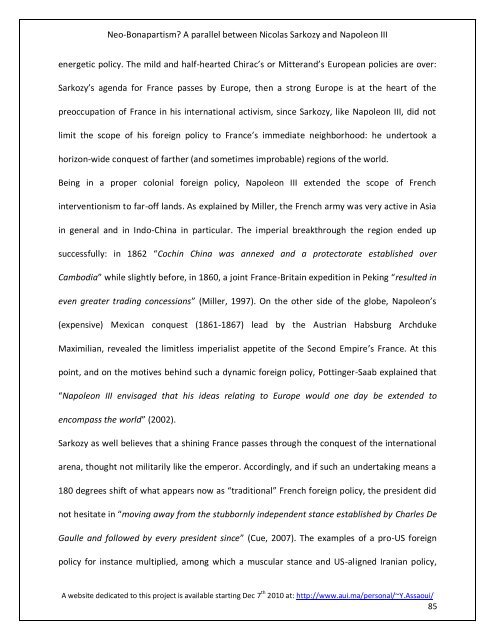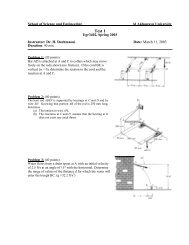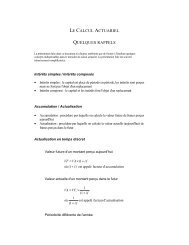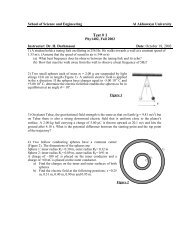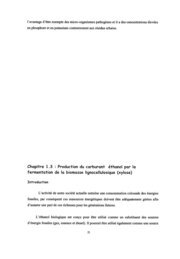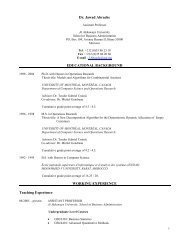Neo-Bonapartism? A parallel between Nicolas Sarkozy and ...
Neo-Bonapartism? A parallel between Nicolas Sarkozy and ...
Neo-Bonapartism? A parallel between Nicolas Sarkozy and ...
You also want an ePaper? Increase the reach of your titles
YUMPU automatically turns print PDFs into web optimized ePapers that Google loves.
<strong>Neo</strong>-<strong>Bonapartism</strong>? A <strong>parallel</strong> <strong>between</strong> <strong>Nicolas</strong> <strong>Sarkozy</strong> <strong>and</strong> Napoleon III<br />
energetic policy. The mild <strong>and</strong> half-hearted Chirac’s or Mitter<strong>and</strong>’s European policies are over:<br />
<strong>Sarkozy</strong>’s agenda for France passes by Europe, then a strong Europe is at the heart of the<br />
preoccupation of France in his international activism, since <strong>Sarkozy</strong>, like Napoleon III, did not<br />
limit the scope of his foreign policy to France’s immediate neighborhood: he undertook a<br />
horizon-wide conquest of farther (<strong>and</strong> sometimes improbable) regions of the world.<br />
Being in a proper colonial foreign policy, Napoleon III extended the scope of French<br />
interventionism to far-off l<strong>and</strong>s. As explained by Miller, the French army was very active in Asia<br />
in general <strong>and</strong> in Indo-China in particular. The imperial breakthrough the region ended up<br />
successfully: in 1862 “Cochin China was annexed <strong>and</strong> a protectorate established over<br />
Cambodia” while slightly before, in 1860, a joint France-Britain expedition in Peking “resulted in<br />
even greater trading concessions” (Miller, 1997). On the other side of the globe, Napoleon’s<br />
(expensive) Mexican conquest (1861-1867) lead by the Austrian Habsburg Archduke<br />
Maximilian, revealed the limitless imperialist appetite of the Second Empire’s France. At this<br />
point, <strong>and</strong> on the motives behind such a dynamic foreign policy, Pottinger-Saab explained that<br />
“Napoleon III envisaged that his ideas relating to Europe would one day be extended to<br />
encompass the world” (2002).<br />
<strong>Sarkozy</strong> as well believes that a shining France passes through the conquest of the international<br />
arena, thought not militarily like the emperor. Accordingly, <strong>and</strong> if such an undertaking means a<br />
180 degrees shift of what appears now as “traditional” French foreign policy, the president did<br />
not hesitate in “moving away from the stubbornly independent stance established by Charles De<br />
Gaulle <strong>and</strong> followed by every president since” (Cue, 2007). The examples of a pro-US foreign<br />
policy for instance multiplied, among which a muscular stance <strong>and</strong> US-aligned Iranian policy,<br />
A website dedicated to this project is available starting Dec 7 th 2010 at: http://www.aui.ma/personal/~Y.Assaoui/<br />
85


